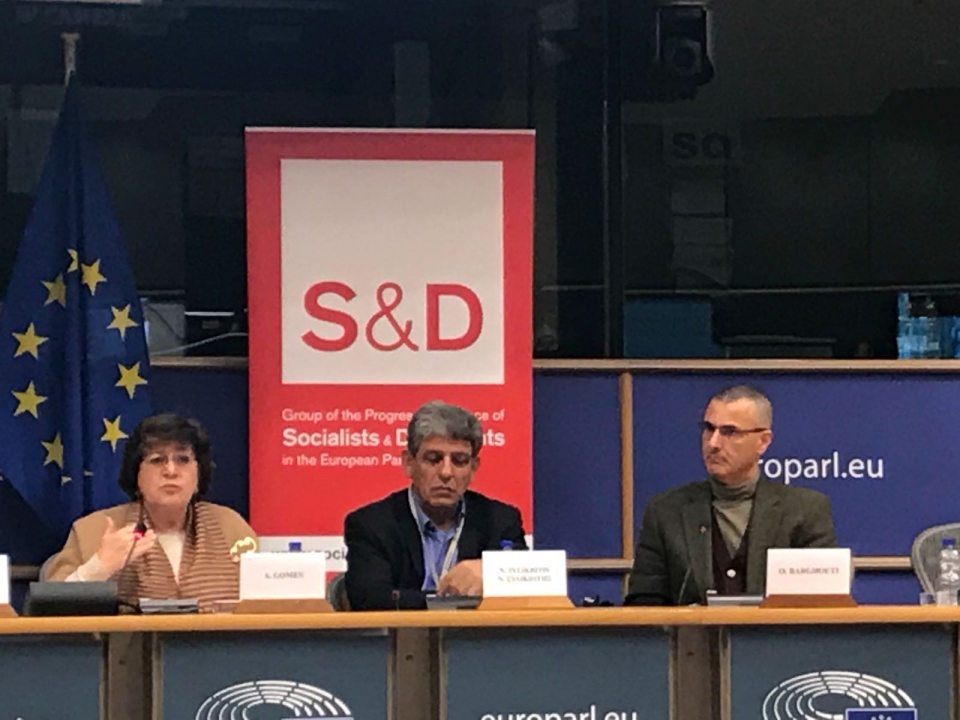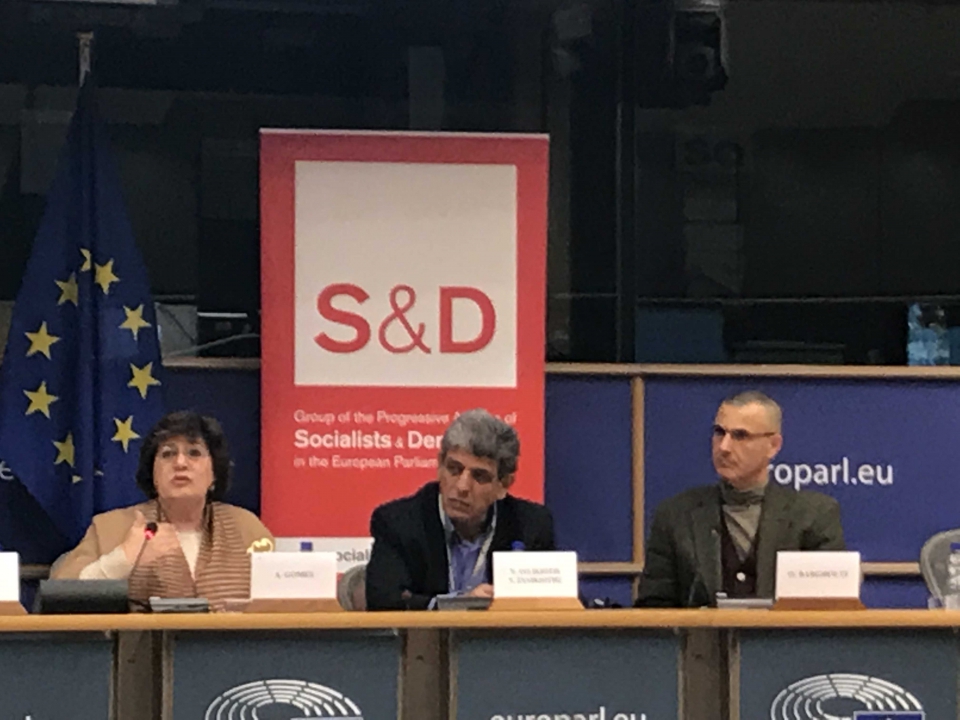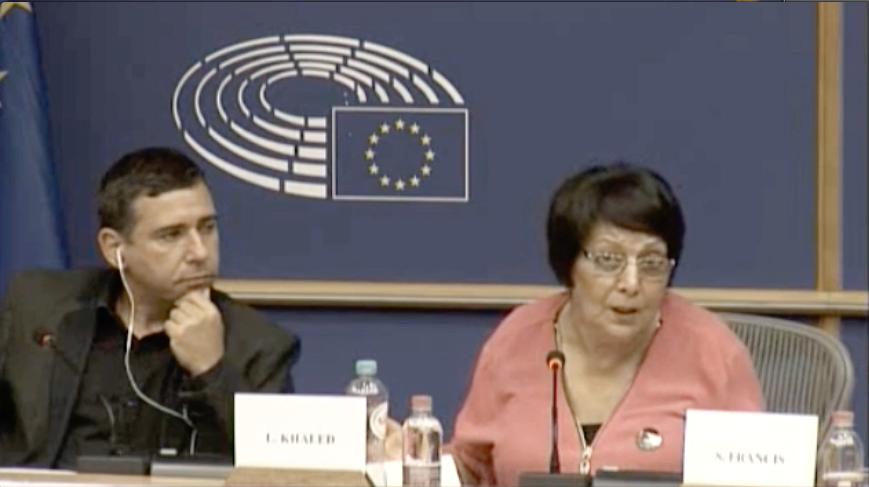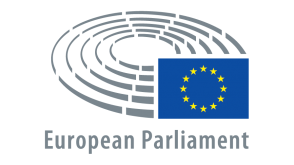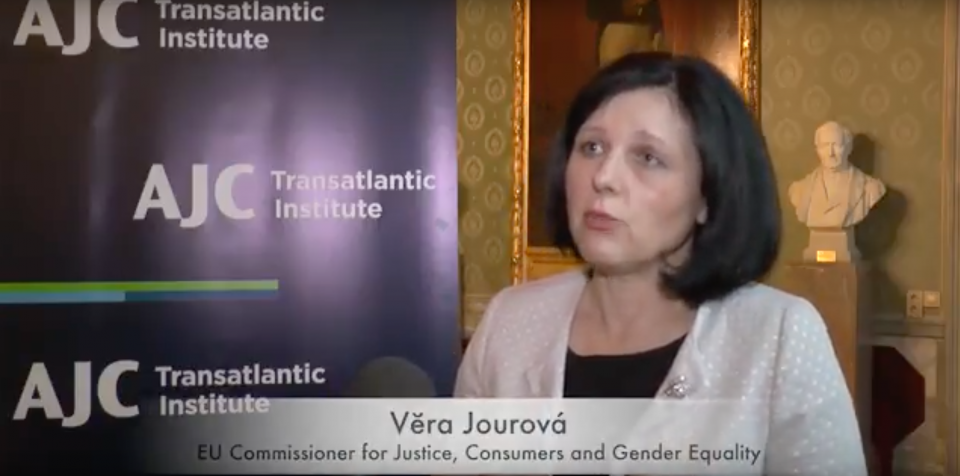Press releases
European Commission Labeling Guidelines
Brussels - 11 November 2015 - The AJC Transatlantic Institute today criticized as counterproductive the EU decision to mandate labeling of Israeli goods produced beyond the Green Line.
"As advocates of a negotiated two-state solution to the Israeli-Palestinian conflict, we have long argued that settlement expansion in the West Bank, while not the core issue in the conflict, is not helpful to the peace process – but neither are discriminatory policies against Israel," said Daniel Schwammenthal, Director of the AJC Transatlantic Institute.
"Today's decision will play into the hands of those determined to isolate the Jewish state, offend mainstream Israelis who favor territorial compromise, and encourage maximalist Palestinian positions. Any economic repercussions will not be limited to Israeli but also harm Palestinian livelihoods,” Schwammenthal said. "Today's decision is not taking place within a political vacuum but against the background of persistent efforts by an extremist movement that seeks to boycott, divest and sanction (BDS) Israel, whose activists reject Israel's very right to exist, " said Schwammenthal.
"This BDS movement will no doubt claim today's decision as a major victory in its campaign against the Jewish state and use these EU rules to intensify its shameful policy of bullying consumers and business owners into a de-facto ban of Israeli settlement products as a first step in its strategy to boycott all Israeli goods. What's more, these EU guidelines will also stigmatize products from areas that will remain part of Israel under any conceivable peace deal. This is bound to strengthen Palestinian maximalist positions, which is obviously not helpful for successful peace talks," Schwammenthal said.
"The new rules will even apply to products from the Golan Heights, a territory that has no connection to the Israeli-Palestinian conflict, and where with the disintegration of Syria and its descent into unspeakable barbarism, there isn't even a theoretical partner for peace. This move is thus bound to strike mainstream Israelis as removed from the harsh realities on the ground, weakening the EU's standing as a credible player in the region," Schwammenthal said. "Last but not least, any economic fallout from today's decision will not only hurt Israel but thousands of Palestinians who work in settlements, earning a multiple of what they would get paid by Palestinian employers. Shouldn't consumers be informed about this as well? Would peace and the Palestinian cause really be served if Palestinian workers lost critical jobs as a result of today's decision?" Schwammenthal asked.
"The fact is that the blunt instrument of across-the-board labeling does not do justice to the complexity of the conflict. “As the main sponsor of the Palestinian Authority and as Israel’s close partner, the EU could be a major player in the peace process. But for Europe to play this role effectively, it is imperative that it positions itself as a constructive arbiter. Today’s decision is counterproductive to those efforts.”
